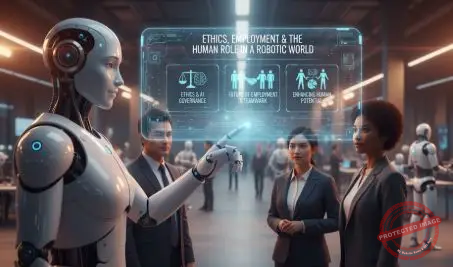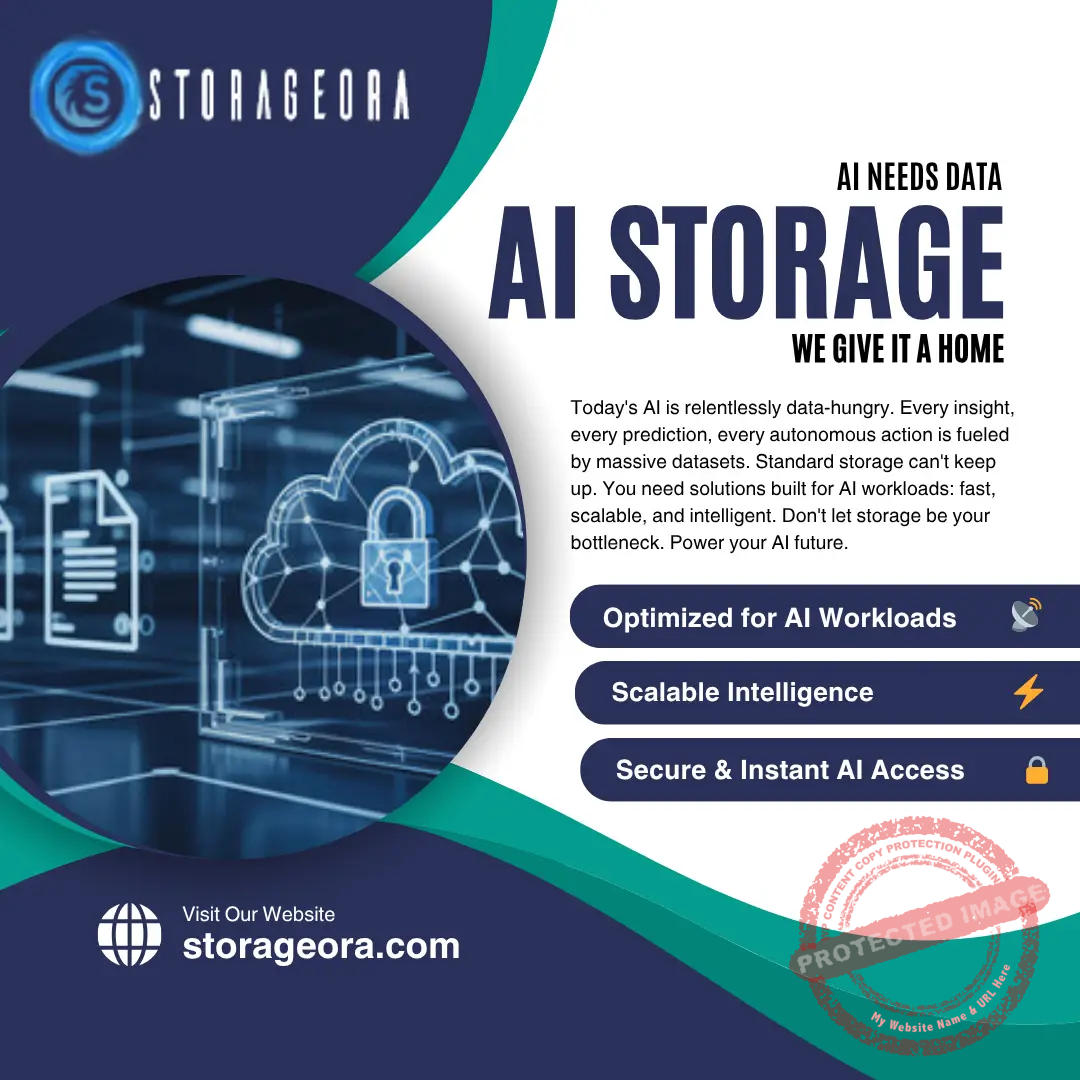As Robots Become Integral to the Global Economy, Society Must Redefine Work, Value, and the Meaning of Human Collaboration.
The Human Question in the Age of Intelligent Machines
The Robotics Revolution has transformed industries, accelerated efficiency, and unlocked new frontiers of innovation. Yet it has also reignited an age-old question: what happens to humanity when machines can do almost everything we can—only faster and cheaper?
From autonomous warehouses to AI-driven hospitals, robots are reshaping work as we know it. But the real story isn’t one of replacement—it’s one of redefinition. The challenge of the next decade will be learning how to coexist, collaborate, and thrive in a world where robots and humans share responsibility, productivity, and purpose.
The Economic Impact of Automation
Automation is not new—but its scope is now unprecedented. The combination of AI, robotics, and machine learning is transforming every major industry:
-
Manufacturing: Autonomous robots now handle assembly, inspection, and logistics with minimal oversight.
-
Retail: Robotic fulfillment and smart checkout systems redefine the shopping experience.
-
Healthcare: Robotic assistants augment doctors, nurses, and rehabilitation specialists.
-
Agriculture: AI-driven harvesters and drones optimize yield and reduce labor costs.
According to McKinsey, by 2030, up to 800 million jobs worldwide could be affected by automation. Yet, history shows that technological disruption also creates new opportunities—particularly in robotics design, maintenance, programming, and ethics oversight.
Redefining Work, Not Replacing It
While certain tasks are disappearing, entirely new categories of work are emerging. The future of employment will focus on uniquely human skills—creativity, empathy, judgment, and strategic thinking.
In the robotics era, humans will:
-
Supervise and train AI systems through reinforcement learning and human-in-the-loop design.
-
Engineer and maintain robotic ecosystems in industrial and service settings.
-
Integrate robotics into creative fields such as design, media, and healthcare.
-
Shape ethical and governance frameworks for responsible AI deployment.
The workforce of tomorrow won’t compete with robots—it will co-evolve with them.
The Ethics of Autonomy
As robots gain autonomy and decision-making power, new ethical considerations emerge.
-
Accountability: Who is responsible for a robot’s mistake—the designer, the operator, or the algorithm itself?
-
Bias: How do we ensure AI-driven systems treat people fairly, regardless of gender, race, or geography?
-
Surveillance: At what point does robotic monitoring in workplaces or public spaces become invasive?
-
Human dignity: How do we ensure automation enhances, not erodes, the value of human life and labor?
Frameworks such as the EU AI Act, IEEE’s Ethically Aligned Design, and UNESCO’s AI Ethics Recommendations are guiding global efforts to ensure robotics evolves within moral and humane boundaries.
Education and Reskilling: The Human Advantage
The greatest defense against automation isn’t resistance—it’s reinvention.
Educational systems and corporations are investing in STEM and digital reskilling programs to prepare workers for jobs that don’t yet exist. Areas of growing demand include:
-
AI and data analytics
-
Robotics engineering and integration
-
Cybersecurity and digital ethics
-
Human–machine interface design
Governments, universities, and private industries must collaborate to ensure inclusive access to lifelong learning, empowering workers to adapt to—and lead—the robotic economy.
Human–Robot Collaboration: The Future Workforce Model
The workplaces of the future will blend robotic precision with human insight.
-
In factories, cobots and humans will share assembly lines, combining speed with adaptability.
-
In healthcare, surgeons will rely on robotic precision while providing empathy and care.
-
In logistics, AI systems will coordinate fleets while humans manage exceptions and innovation.
This symbiotic model ensures that automation enhances productivity while preserving the uniquely human elements of creativity, ethics, and compassion.
Balancing Innovation with Inclusion
A robot-driven world must also be an inclusive one. The benefits of automation must reach across borders, industries, and socioeconomic divides.
-
Policy frameworks should encourage equitable access to technology.
-
Corporate responsibility must focus on fair transitions for displaced workers.
-
Ethical robotics must consider environmental sustainability and social impact.
Progress must serve people—not the other way around. True innovation lies not in replacing humans, but in elevating humanity through technology.
Closing Thoughts and Looking Forward
The robotics age presents humanity with both its greatest challenge and its greatest opportunity. We are not witnessing the end of human relevance—but the evolution of human purpose.
In the coming decades, societies that thrive will be those that embrace robotics not as competition, but as collaboration—where humans lead with creativity, empathy, and ethics, and machines amplify those strengths with precision and consistency.
The future of robotics is not about machines replacing us—it’s about machines redefining what’s possible for us.
References
-
“The Future of Work in the Age of Robotics” – World Economic Forum
https://www.weforum.org/agenda/2024/09/the-future-of-work-in-the-age-of-robotics -
“Automation, Employment, and Economic Transition” – McKinsey & Company
https://www.mckinsey.com/industries/public-and-social-sector/our-insights/automation-and-employment -
“The Ethics of AI and Autonomous Systems” – Deloitte Insights
https://www.deloitte.com/insights/ethics-of-ai-and-autonomous-systems -
“Reskilling for the Robotic Economy” – MIT Technology Review
https://www.technologyreview.com/2024/10/12/reskilling-for-the-robotic-economy -
“Human–Robot Collaboration and the Future of Work” – Forbes Tech Council
https://www.forbes.com/sites/forbestechcouncil/2024/09/30/human-robot-collaboration-and-the-future-of-work
Author: Serge Boudreaux – AI Hardware Technologies, Montreal, Quebec
Co-Editor: Peter Jonathan Wilcheck – Miami, Florida
#Robotics #AI #Automation #Ethics #FutureOfWork #Reskilling #Industry50 #DigitalTransformation #HumanRobotCollaboration #TechNews
Post Disclaimer
The information provided in our posts or blogs are for educational and informative purposes only. We do not guarantee the accuracy, completeness or suitability of the information. We do not provide financial or investment advice. Readers should always seek professional advice before making any financial or investment decisions based on the information provided in our content. We will not be held responsible for any losses, damages or consequences that may arise from relying on the information provided in our content.





 AMD
AMD TMC
TMC IE
IE MSI
MSI NOK
NOK DELL
DELL ECDH26.CME
ECDH26.CME